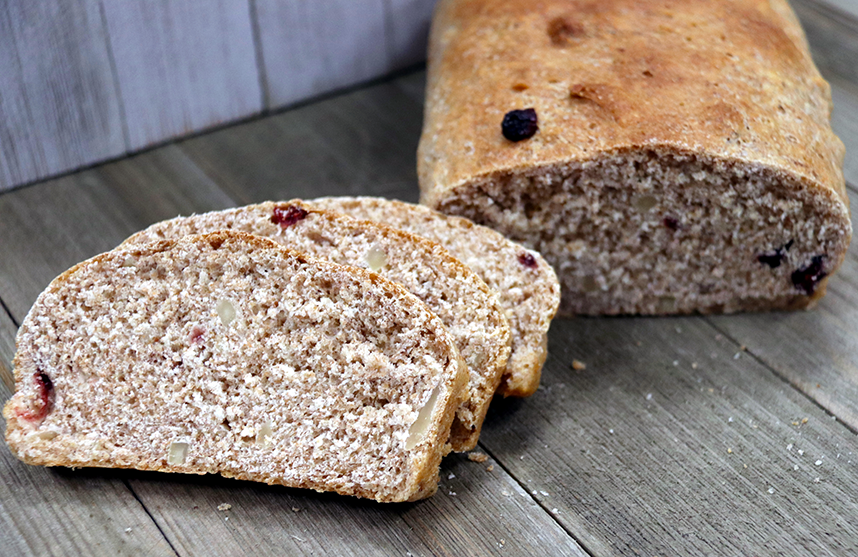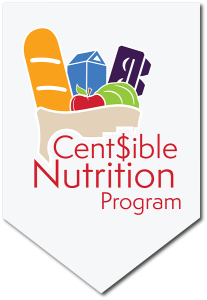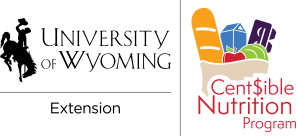Cent$ible Nutrition News • November 2021 • Volume 25 | Number 2
Are carbs a healthy choice? Yes!
It is a myth that most carbohydrates, or carbs, are unhealthy. We need carbs for our bodies to function. Carbs are the main source of energy for our bodies and our brains. However, there is often confusion about what a carb actually is. Many people think carbs only come from grains. In reality, carbs come from a variety of foods. There are 3 types of carbs we get from food: sugars, starches, and fiber.
Sugars are also known as simple carbs. There are natural sugars and added sugars. Natural sugars are found in fruits, vegetables, and dairy foods. Carbs from natural sugars give us quick energy along with a boost in vitamins and minerals and are a healthy part of a balanced diet.
Added sugars are also simple carbs that give us energy, but they can be high in calories and low in other nutrients. These are found in foods like refined grains, soda, and baked goods. On a Nutrition Facts Label, added sugar might show up as fructose, table sugar, beet sugar, honey, corn syrup, or sucrose. For a balanced diet, it is a good idea to limit carbs from added sugars.
Starches are complex carbohydrates. Starches are found in beans, peas, grains, and vegetables like potatoes and winter squash. Our bodies take longer to process starches than simple carbs. This gives us a longer source of energy. Starches, when eaten along with protein, fat, or fiber, can help prevent a rapid rise in blood sugar, which is helpful for people with health concerns, like diabetes.
Dietary fiber, on the other hand, is a complex carb found in plants. It provides no energy but helps us feel full, maintain good gut health, and stay regular. Fiber is found in whole grains, fruits, vegetables, nuts, seeds, and legumes, like beans. Carbs from starches and fiber are part of a balanced diet.
So, while grains do provide us with carbs, other foods do as well. Carbs play an essential role in our bodies and are not something we should cut out. Instead, focus on adding healthy carbs to your plate with fruits, vegetables, whole grains, lean protein, and low-fat dairy products. Limit refined grain products, like white bread and white rice, as well as sweets to once-in-a-while foods. Fuel your body with healthy carbs and remember to enjoy foods from the 5 food groups of MyPlate.
November is American Diabetes Month
1 in 3 people have prediabetes and may not even know it! Healthier Wyoming empowers all Wyoming residents to take charge of their health by providing a wide range of resources for chronic disease prevention and management in Wyoming, including the Healthy U program. Check out information on diabetes prevention programs here: www.uwyo.edu/healthierwyo
Healthy U currently has several delivery options, including in person and virtual delivery.
Download this newsletter as a PDF.
November's Feature Recipe

Making homemade bread is an easy way to have fun with the family and add a nice serving of grains to your diet. If you have allergies, gluten intolerances, or diabetes, it can also be a way for you to experiment with different flours and find a mix that best suits your individual needs. Adding whole-wheat flour to your loaf, like in our recipe, can boost your fiber and ensure you are making half of your grains whole grains.

